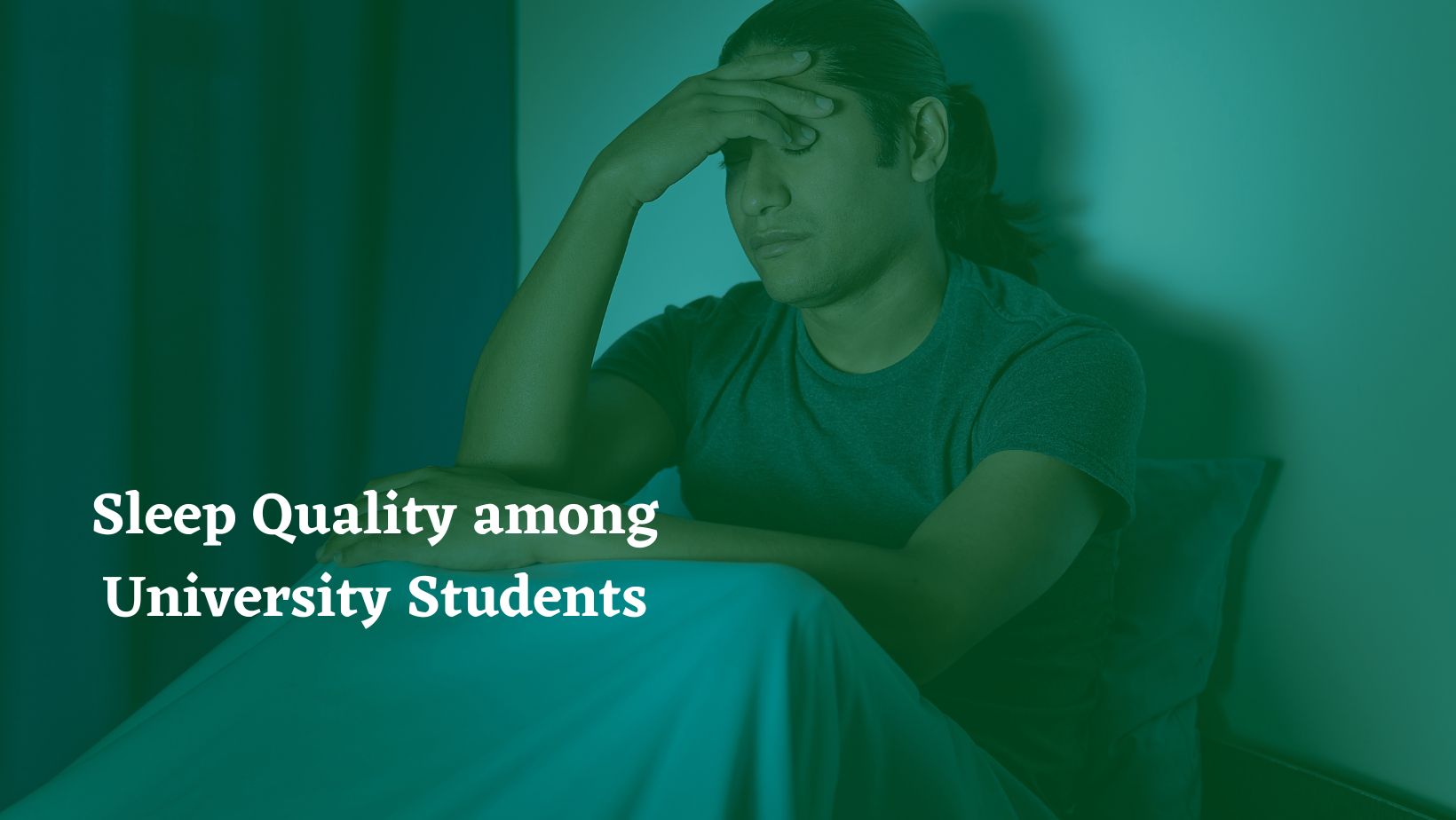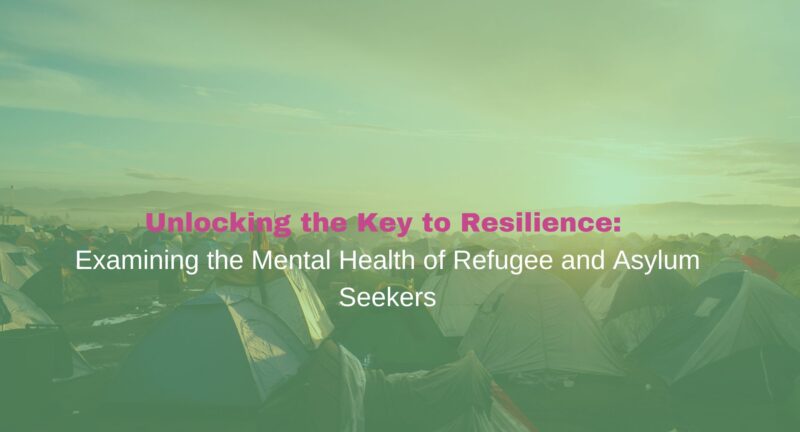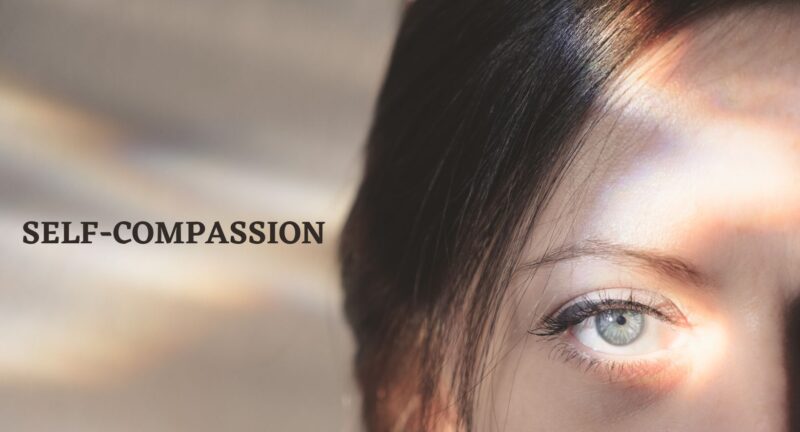
University student sleep quality has been deteriorating for the last 10 years. The research shows that up to 60% of college students experience poor sleep, and 7.7% of them meet the criteria for an insomnia disorder (Schlarb et al., 2017). Also, research showed college students frequently experience sleep deprivation and irregular sleep patterns; 50% of them report feeling sleepy during the day and 70% sleep insufficiently. (Shelley & Ronald, 2014). The increase in technology and social media usage is contributing to poor sleep quality, as more than half of college students who use social media report having trouble sleeping (Long et al., 2015). Besides, the average amount of time students spend on social media has increased by 2.5 hours (Chaffey, 2022). This is detrimental to the quality of sleep because it takes time to wind down after spending time on social media before going to bed. Students are also more likely to sleep with their phones, which makes it difficult to fall asleep and wake up without being disturbed. Students are not getting the quality of sleep needed for optimal mental and physical health. This lack of quality sleep can have long-term effects, such as increased levels of stress, difficulty focusing in class, impaired memory retention, and even higher rates of depression and anxiety (June & Allen, 1996). as university students already experience high levels of stress in their daily lives because of schoolwork and extracurricular activities.
lack of quality sleep can have long-term effects, such as increased levels of stress, difficulty focusing in class, impaired memory retention, and even higher rates of depression and anxiety
Getting Enough Quality Sleep
Therefore, getting enough quality sleep can help with academic performance and even reduce stress. To ensure students are getting the best quality of sleep possible, it is important for them to limit the use of social media before going to bed and make sure that their phones are not in their bedrooms when they go to sleep. This can be done by setting up a schedule for when to use social media, turning off all notifications at least an hour before going to bed, and having a place other than their beds where they can keep their phones at night. Establishing a nighttime routine can help students relax and make sure that their minds are not filled with anxieties about the next day or day-to-day worries. Engaging in calming activities before bed, such as reading or writing in a journal, can help reduce stress levels and allow for a deeper sleep. Lastly, students should aim to establish regular bedtimes and wake times in order to help regulate their body’s internal clock.
Sleep Quality
Following these simple steps can help students maintain a healthier relationship with their devices and get more quality sleep, allowing them to be better equipped to handle the challenges of the day. With more relaxed minds and more restful sleep, students can stay more organized, be more alert and focused throughout the day, as well as experience greater emotional balance.
Contact us and one of our team members will get back to you within 48 hours.
111 Waterloo St unit 406 London ON N6B2M4
mail@resiliencec.com
Phone + 1 (226) 374-4457
Cell + 1(226) 210-4170
Fax + 1 (226) 916-0283
References
Chaffey, D. (2022, August 22). Global social media statistics research summary 2022 [June 2022]. Smart Insights. Retrieved January 6, 2023, from https://www.smartinsights.com/social-media-marketing/social-media-strategy/new-global-social-media-research/
June J. Pilcher, Allen I. Huffcutt, (1996) Effects of Sleep Deprivation on Performance: A Meta-Analysis, Sleep, Volume 19, Issue 4, Pages 318–326, https://doi.org/10.1093/sleep/19.4.318
Nyamwaya, D. (n.d.). Effect of Social Media on College Students | BetterYou. Effect of social media on College Students | BetterYou. Retrieved January 6, 2023, from https://www.betteryou.ai/effect-of-social-media-on-college-students-3/
Schlarb, A. A., Friedrich, A., & Claßen, M. (2017). Sleep problems in university students – an intervention. PubMed Central (PMC). https://doi.org/10.2147/NDT.S142067
Shelley, & Ronald. (2014). Causes and consequences of sleepiness among college students.
Xu, Xianglong. (2015). The Influence of Social Media on Sleep Quality: A Study of Undergraduate Students in Chongqing, China. Journal of Nursing & Care. 04. 10.4172/2167-1168.1000253.
Related Posts
Unlocking the Key to Resilience: Examining the Mental Health of Refugee and Asylum Seekers
As the global refugee and asylum seekers crisis continues to grow, it is becoming...
SELF-COMPASSION
It is very common that almost everybody has at least one aspect of their...


